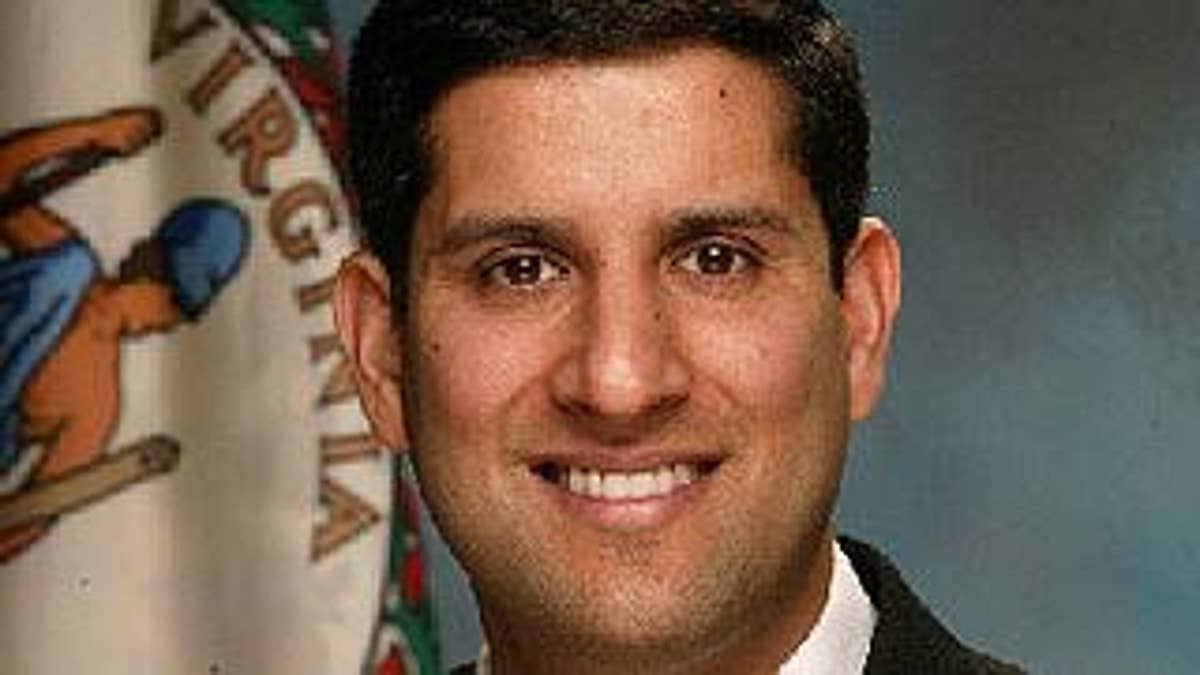
This isn't a cookie-cutter administration.
The Office of Management and Budget is considering reversing a nine-year ban on using "cookies" to track users' preferences and interests on federal Web sites.
The shift in policy is being billed as a way for government to enter the 21st century and for federal agencies to use the same technology utilized on news sites, retail sites and social media networks. Online retailers, for example, use cookies to suggest items of interest based on previous purchases. If you recently bought a New York Yankees jersey, a Web site might recommend buying a book about Alex Rodriguez the next time you visit.
But some privacy advocates say changing the policy for federal Web sites is troubling. If you check out the FBI's Most Wanted List, they say, the government would know. If you want information from the CDC about pregnancy or AIDS, the government would know. Big Brother could quite literally be watching you.
"Without explaining this reversal of policy, the OMB is seeking to allow the mass collection of personal information of every user of a federal government website," Michael Macleod-Ball, acting director of the American Civil Liberties Union's Washington Legislative office, said in a statement. "Until OMB answers the multitude of questions surrounding this policy shift, we will continue to raise our strenuous objections."
Robert Siciliano, an author and Internet security expert, described cookies as the "cousin" to spyware -- software installed on a computer that tracks information about users without their consent.
"Now, cookies aren't spyware, but they're very close," Siciliano told FOX News. "Spyware, as we know, can be malicious and track everything we do -- every username, password and Web site we visit. The problem here is privacy advocates are concerned if government enables cookies on federal Web sites, then they could now merge into spyware. What's next?"
But Vivek Kundra, the nation's chief information officer, says citizens' privacy will remain a top priority, and he points out that no change has been made yet.
"Our main goal in revisiting the ban on using persistent cookies on Federal websites is to bring the federal government into the 21st century," Kundra wrote on a blog explaining the cookie policy. "Consistent with this Administration's commitment to making government more open and participatory, we want federal agencies to be able to provide the same user-friendly, dynamic, and citizen-centric websites that people have grown accustomed to using when they shop or get news online or communicate through social media networks, while also protecting people's privacy."
Because of privacy concerns, federal agencies have been prohibited from using Web-tracking technologies like cookies since June 2000 unless approved by the head of an agency due to a "compelling need," Kundra wrote in an earlier blog post.
"In the ensuing time," he wrote, "cookies have become a staple of most commercial websites with widespread public acceptance of their use. For example, every time you use a 'shopping cart' at an online store, or have a website remember customized settings and preferences, cookies are being used."
Judge Andrew Napolitano, FOX News' senior judicial analyst, said the potential policy change could be a violation of the Privacy Act of 1974, which regulates the "collection, maintenance, use and dissemination" of personal information by federal executive branch agencies.
"It also prohibits the government from watching you while you browse a book in a library or getting copies of the books you take out of a library," Napolitano told FOX News.
"What is the Internet? It's a modern day library. It's the gateway to knowledge. Just as the government can't be over your shoulder with a camera when you're browsing for books in the library, the government cannot watch you as your browse through a Web site or browse the Internet. It's equally as prohibited by the Privacy Act."
OMB officials told FOXNews.com that any change to the federal cookie policy would be in "full compliance" with the Privacy Act, and they said no decisions have been made as to when -- if at all -- the change will take effect.
OMB is currently considering a three-tier approach that would track users over single and multiple Web sessions, either to analyze Web traffic statistics or to remember the data, settings and preferences unique to individual users.
A public comment period on the potential change ended on Monday, and a timeframe for a final decision has not been set.




